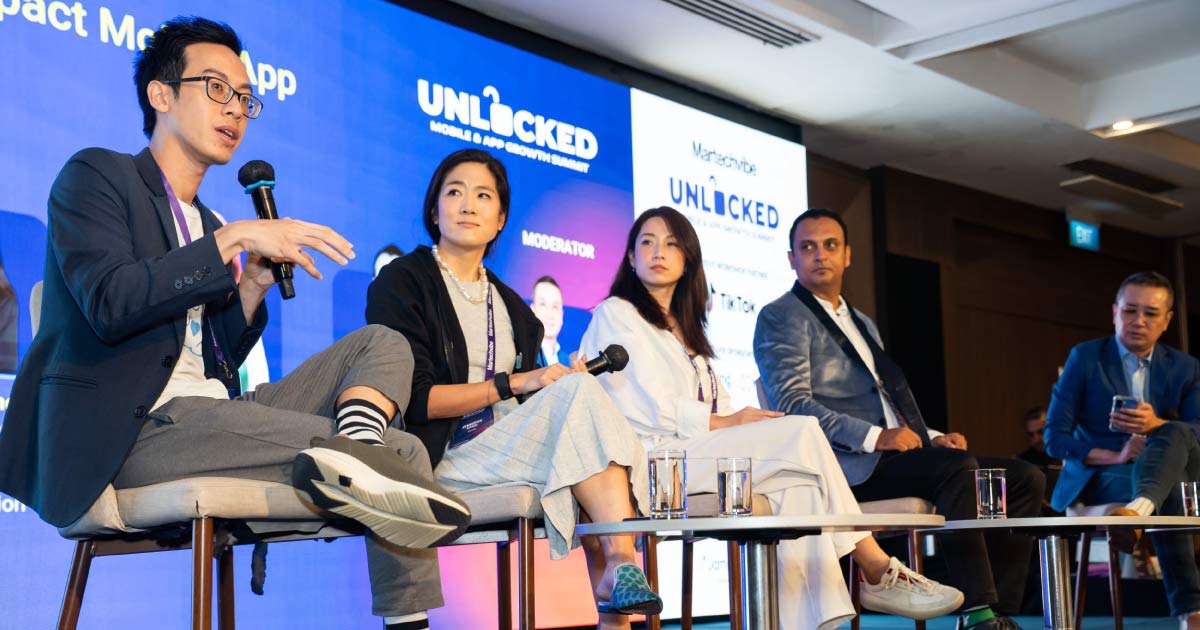The Real Engines of Mobile App Growth
Mobile app downloads may be soaring, but retention depends on deeper factors. Experts from Intellect, Plaza Premium Group, and Bitsmedia reveal why trust, timing, and touchpoints are the real engines of mobile app growth.













































































































